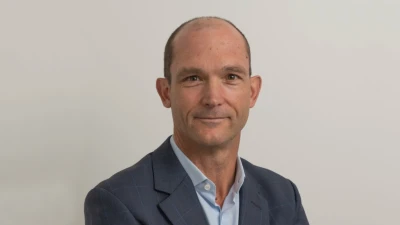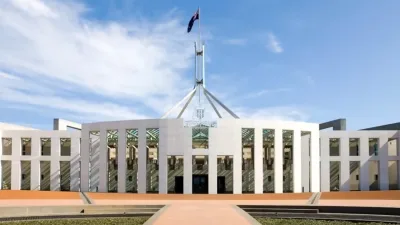ASIC to implement adviser exam changes



ASIC has confirmed it is incorporating legislative amendments to the financial adviser exam, with the March exam set to reflect the changes.
On 14 December 2023, the government first announced draft legislation to amend the adviser exam, including:
- Removing the short answer questions from the exam and increasing the number of multiple choice questions.
- Removing the requirement limiting exam participation to new financial advisers who have completed an approved degree and existing providers.
ASIC is now incorporating the approved changes for the administration of the adviser exam that were registered on 18 January 2024.
The changes will be reflected in the next exam to be held on 26 March 2024, which was pushed back from 15 February to allow sufficient time to implement the required changes.
“All candidates will be held to the same standard as for previous exams,” ASIC stated.
Following the December announcement, Professional Year (PY) candidates are largely expectant of a decrease in the cost to sit the exam if greater efficiencies are generated from computer marking.
The Financial Advice Association Australia (FAAA) also joined the collective push for a reduced fee earlier this month.
“This method of assessment is also cheaper to run, and we would expect to see a reduction in the cost of the exam as a result. The cost is now $1,500 per attempt, almost three times higher than it was when the exam was first introduced in 2019,” said Sarah Abood, FAAA chief executive.
Moreover, the Stockbrokers and Investment Advisers Association recently lobbied for additional recommendations to improve the exam.
This includes allowing candidates to sit the exam at any time rather than being bound by an exam timetable, adding a broader range of scenarios in the test and encouraging more tailored feedback to be given to unsuccessful candidates.
Recommended for you
Funds under administration on the BT Panorama platform have passed $120 billion in the last six months as it progresses its migration of Asgard into the platform.
Private markets may be the hot topic of the day but two financial advisers have shared the red flags to consider and why advisers shouldn’t be tempted to invest solely in the pursuit of higher returns.
The corporate regulator has officially launched its new digital portal for financial services businesses submitting AFSL applications, offering a more “efficient, modern and user-friendly” experience.
The advice community has reacted to the re-election of the Labor Party for a second term and called on the incoming Minister for Financial Services to take “decisive action” as Stephen Jones retires from politics.
















All part of the plan to make it easier for people to become authorised salespeople for the product providers. Stephen Jones and the ALP continue dancing to the tune of their political donors.
Nice to see ASIC finally get ribbed for the RORTING they've done to the advisers who put up with their Exam Fee GOUGING the last 12 months.
ASIC have been utterly disgraceful in the way they've managed this from Jan 2022. I walked away from being a Personal Advice adviser of 15 years when I saw the Jan 2022 exam results show an initial failure rate of 94% and they increased the original fee of just under $600 go to just under $1,000. I was not succumbing to such abhorrent behaviour and blatant gouging. Glad I did too with zero regrets. I wouldn't go back to personal/full advice even if they sent me a complementary exam pass now.
Good luck to those unfortunate advisers still dealing with ASIC's horrendous conduct.